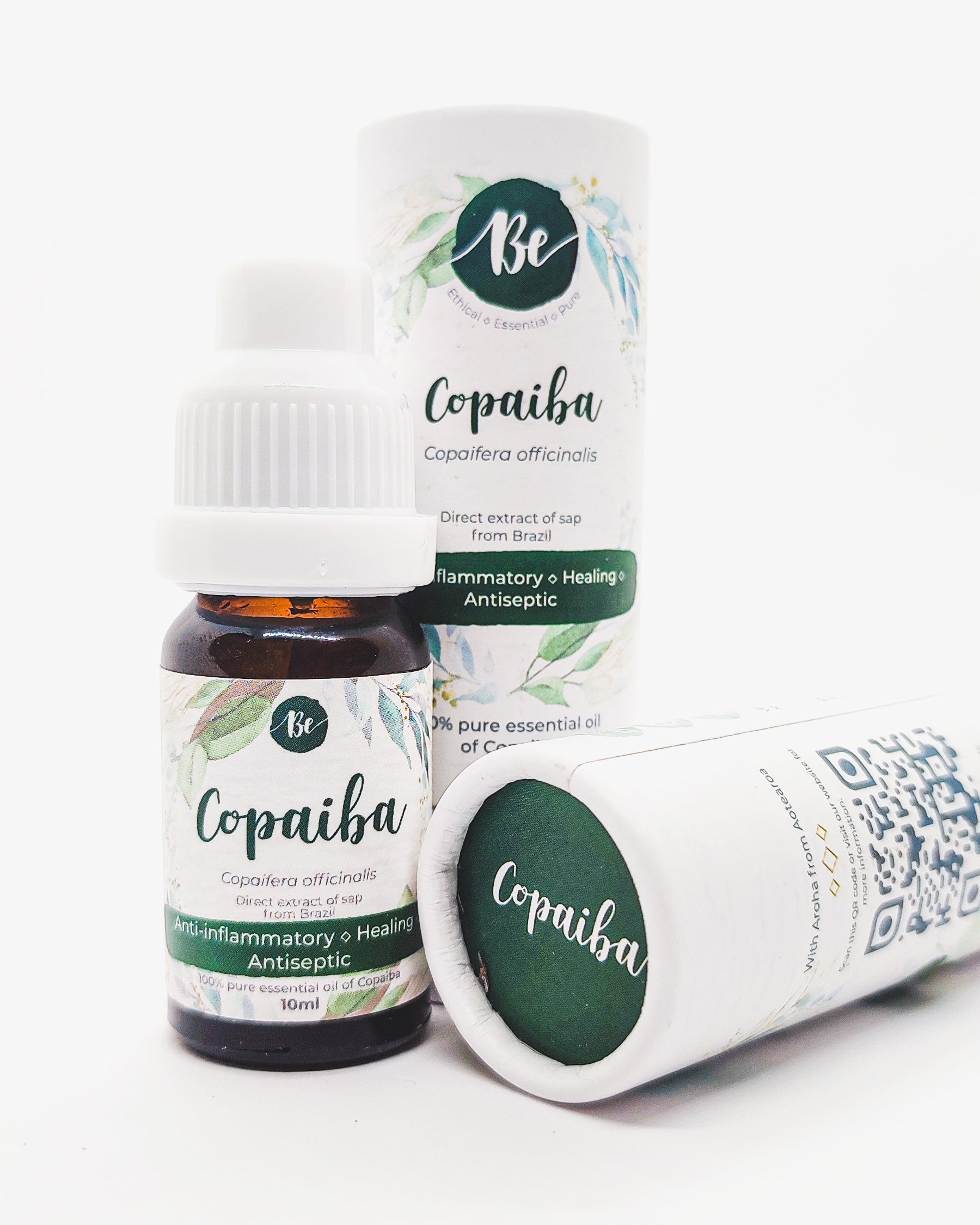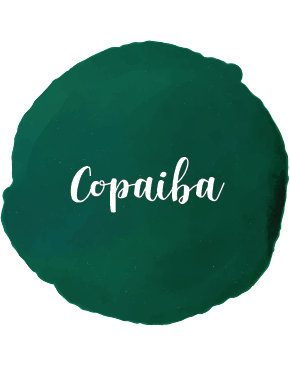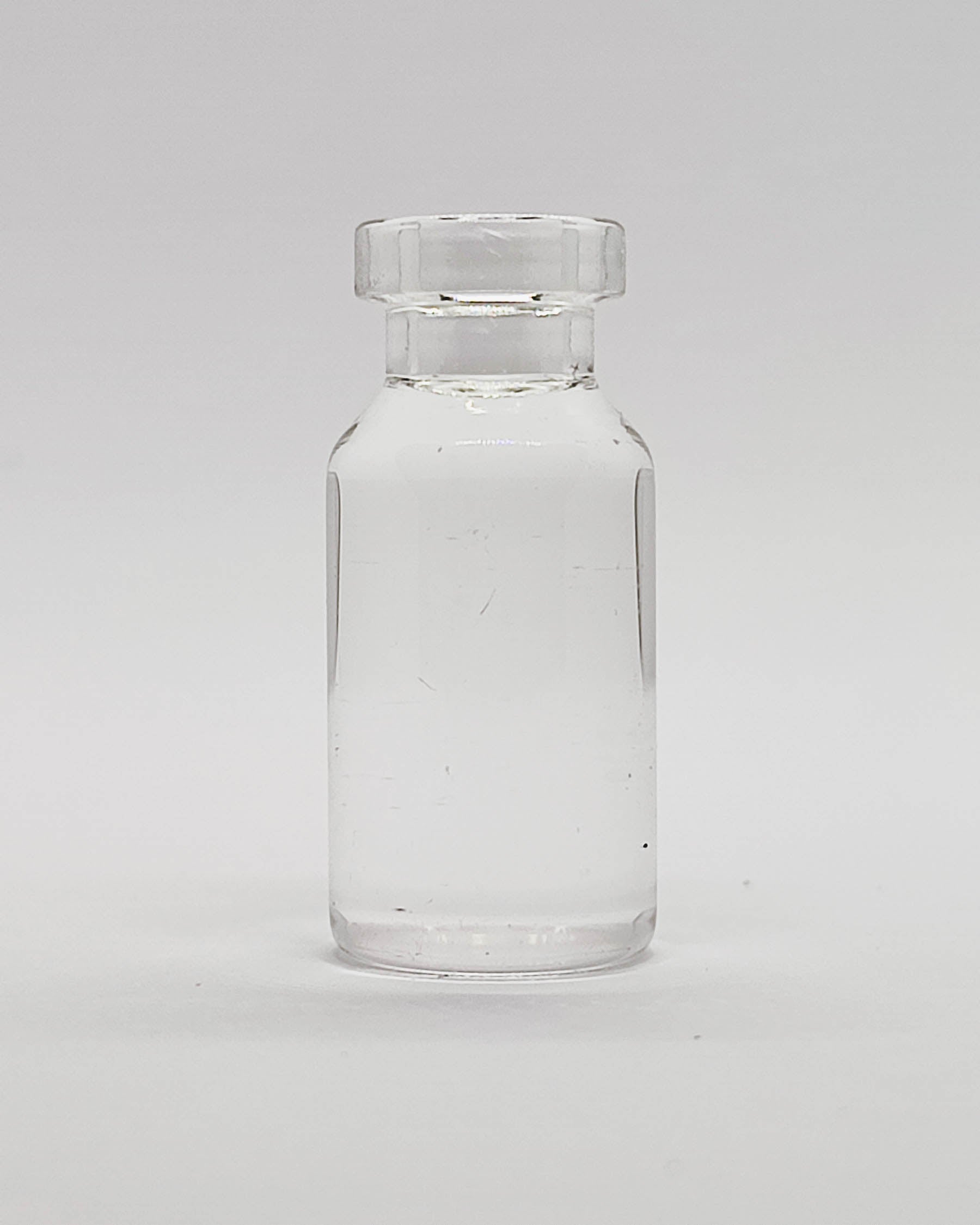Be Essential Oils
Copaiba Essential Oil 10ml
Couldn't load pickup availability
Product Details
Name: Copaiba
Scientific Name: Copaifera officinalis
Method of extraction: Direct extract
Part of plant: Tree sap
Country of origin: Brazil
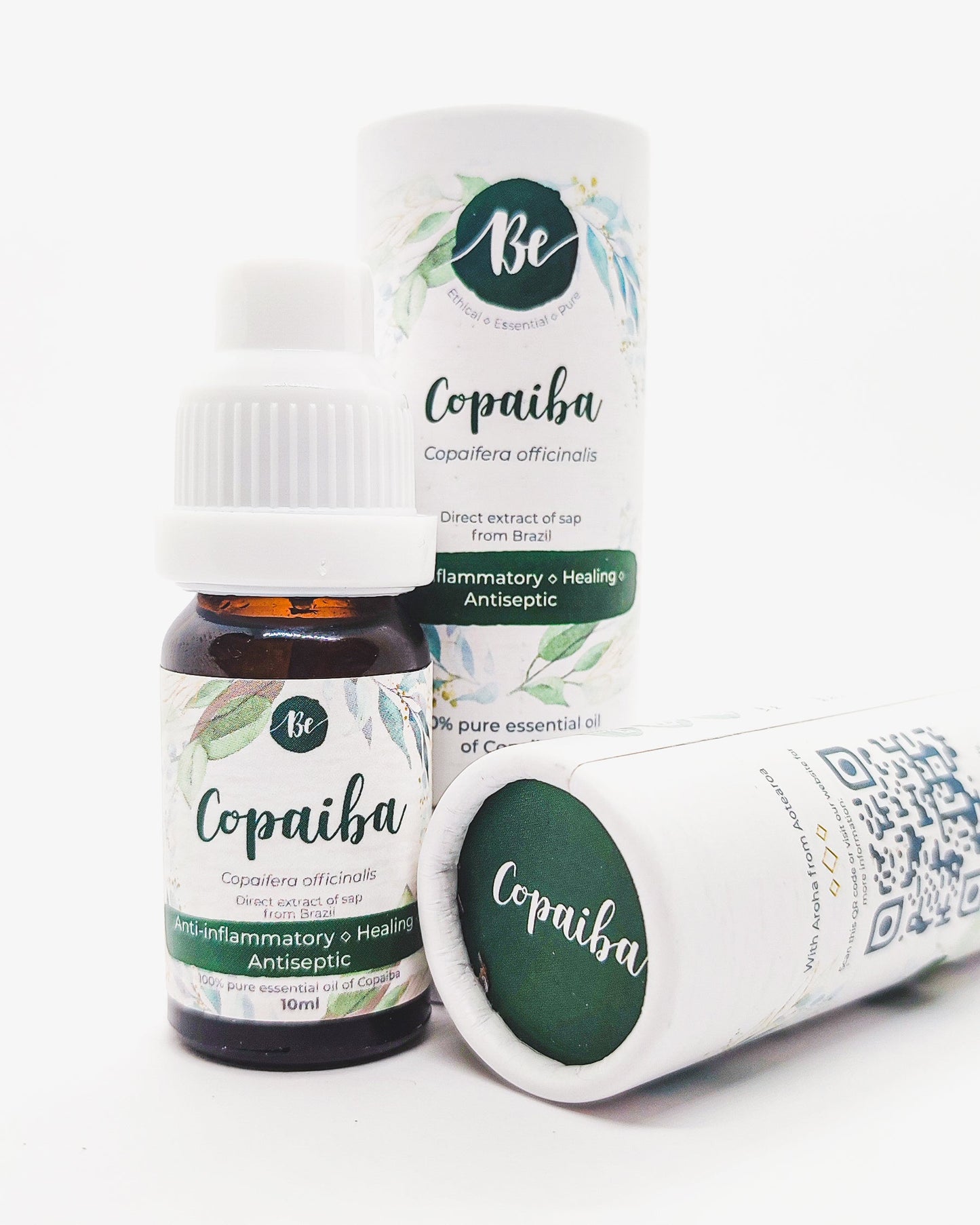
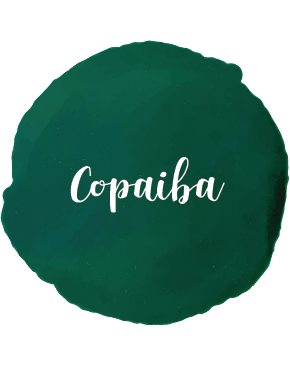
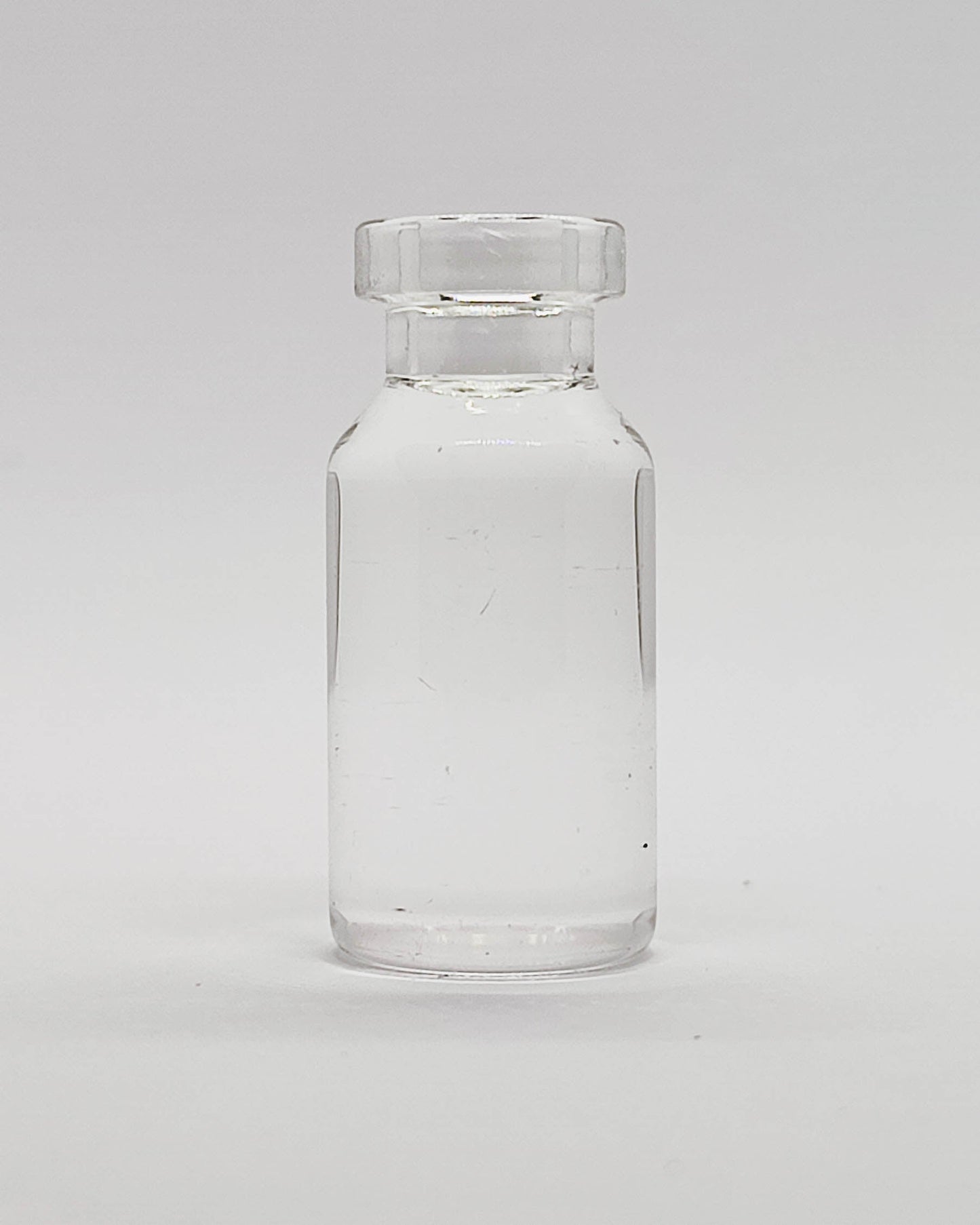
Known for its restorative, anxiolytic and anti-inflammatory properties, this 'amazonian mānuka' is extracted from a resin from a South American tree. Copaiba oleoresin is traditionally used by the indigenous people of the Amazon jungle against pain and skin problems.
Commonly used in natural perfumes and diffusers for its earthy and grounding scent, Copaiba essential oil is also used in aromatherapy to promote relaxation and to help reduce feelings of stress and anxiety. Additionally, it can be used in skincare products to help improve the appearance of blemish-prone skin and to help reduce the appearance of fine lines and wrinkles.
Collapsible content
Main Components
β-caryophyllene(58,7%)
Health
In addition to its wide use in perfumery as a perfume fixative, it is widely used in creams, anti-inflammatory lotions, skin treatment, healing and ulcers. Distillation of the oleoresin allows for a concentration of more β-caryophyllene.
Anti-inflammatory
It is traditionally used for general pain, joint pain and chronic inflammation.
Neuroprotective effect
Studies indicate neuroinflammatory and neuroprotective action [3] in Alzheimer's, Parkinson's and dementia. It also acts against convulsive phenomena [4].
Anxiolytic effect
Its use can provide great potential for anxiety and addiction control in general. β-caryophyllene stimulates specific endocannabinoid receptors [5], which potentially limits addiction disorders. In this way it can be useful in the treatment of abstinence cases.
Skincare
Recommended in the treatment of skin diseases and psoriasis.
How to use
It's recommended to perform a test on the arm before using it neat.
Preferably it must be combined with a carrier oil.
References
[4] de Oliveira CC, de Oliveira CV, Grigoletto J, Ribeiro LR, Funck VR, Grauncke AC, de Souza TL, Souto NS, Furian AF, Menezes IR, Oliveira MS. (2016) “Anticonvulsant activity of β-caryophyllene against pentylenetetrazol-induced seizures.” Epilepsy Behav. 2016 Mar;56:26-31. doi: 10.1016/j.yebeh.2015.12.040. Epub 2016 Jan 29.
[5] Jürg Gertsch, Marco Leonti, Stefan Raduner, Ildiko Racz, Jian-Zhong Chen, Xiang-Qun Xie, Karl-Heinz Altmann, Meliha Karsak and Andreas Zimmer (2008) « Beta-caryophyllene is a dietary cannabinoid » Proc Natl Acad Sci US A. 2008 Jul 1;105(26):9099-104. doi: 10.1073/pnas.0803601105. Epub 2008 Jun 23. LIEN

